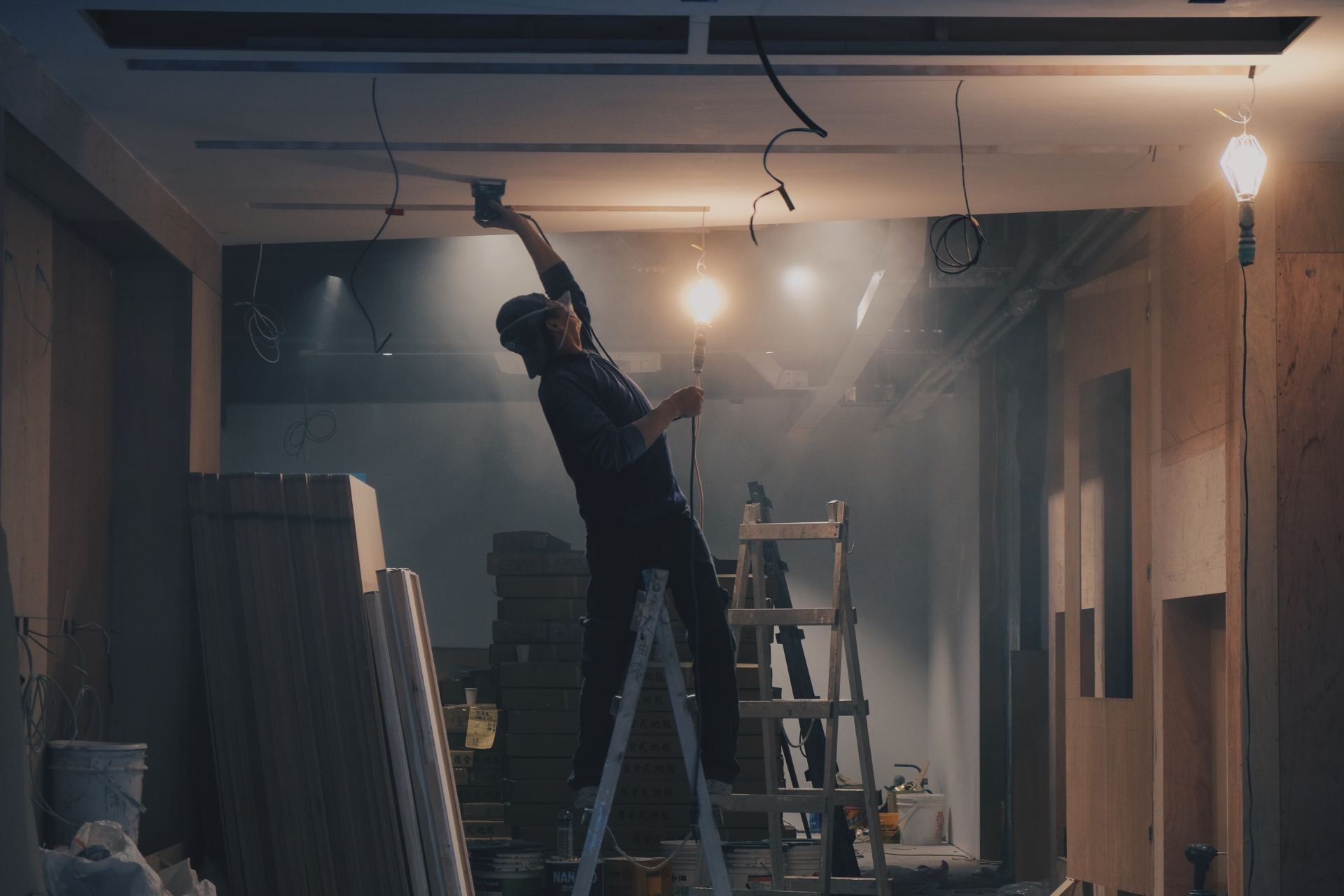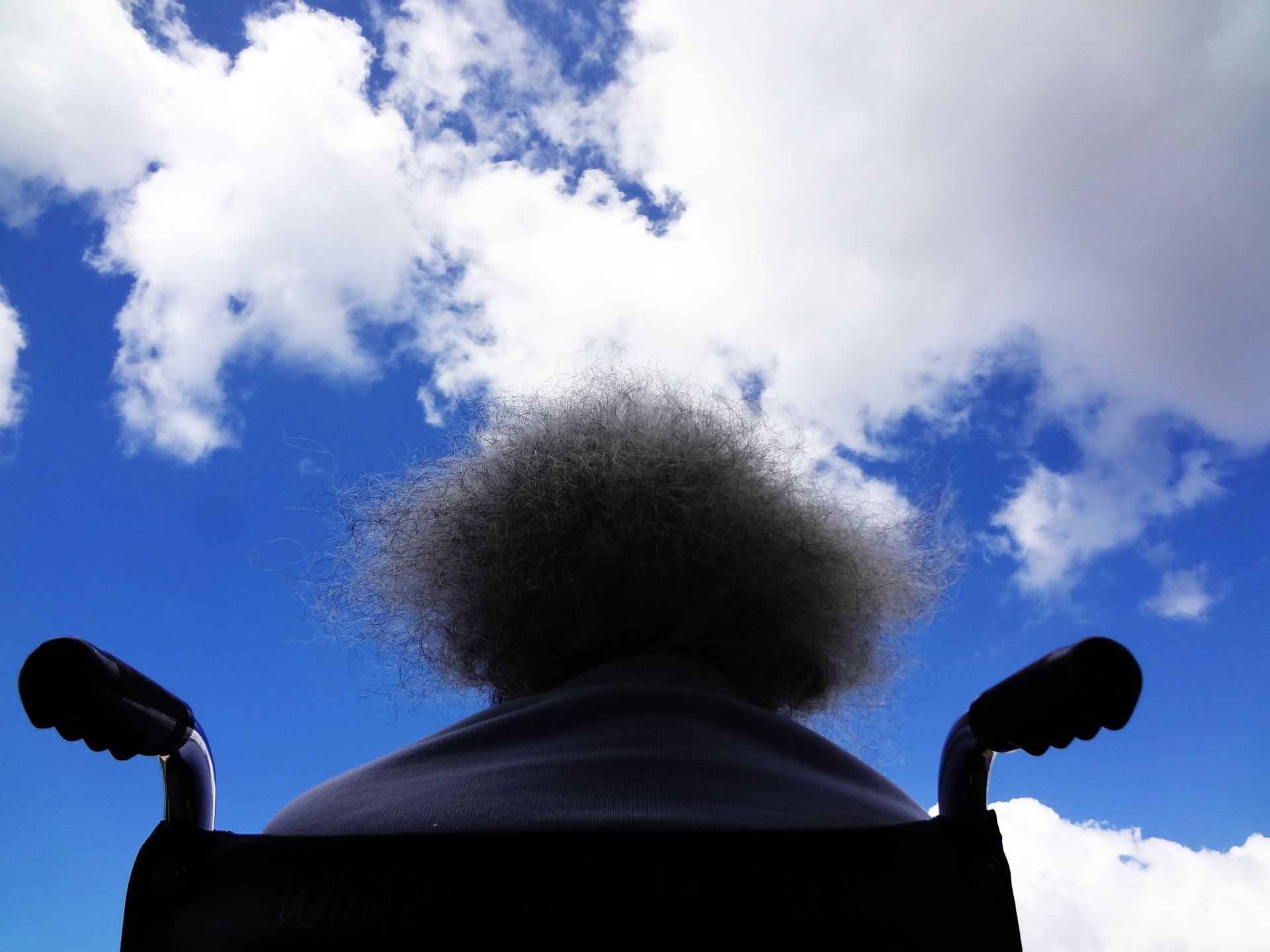Contractor Security Screening Request and Verification
- By Steven Broadley
- •
- 14 Feb, 2019
- •
Some guidance on section 4!

Section 4 requests that a Company Security Officer or an approved verifier verify the identity of the person signing the document. For the purposes of this document, a Notary Public is considered an approved verifier. In order to complete this form, you must present our Notary Public with two pieces of government issued photo identification. The Notary will then sign the form and affix their seal by their signature.
If you would like to book an appointment, please book here! Or feel free to text or call 647-470-5266 or email notary-toronto.ca if you have any questions and we would be happy to assist.

A notary may certify true copies of original documents without having the person be present. However, when commissioning an oath, solemn declaration, or witnessing a signature, it is absolutely necessary to appear before the notary public. Section 9 of the Commissioner for Taking Affidavits Act requires the person signing an oath or declaration to "be in the presence" of the Commissioner.
Now, some would argue that being in the presence of the Commissioner would include being "present" via webcam. However, according to section 138 of the Criminal Code of Canada, everyone who declares that an affidavit or statutory declaration was declared before them when it wasn't is at risk of a jail term of two years. The jail sentence has made it extremely hard for anyone to challenge the law to define "be in the presence of". If someone is wrong, its jail time.
The Canadian courts have also been somewhat lacking when it comes to defining the utility of webcams when witnessing the signing of electronic documents. For example, in First Canadian Title Company Limited v. The Law Society of British Columbia, a British Columbia court held that lawyers are not allowed to witness signatures via videoconference.
The Court endorse the decision of an ethics tribunal, who noted that it is impossible to know for certain that the paper signed via videoconference is the one that will end up before the witnessing lawyer. Additionally, the tribunal/court noted the concern with what was happening behind the webcam, what influences was the person signing under? Was there a menacing person holding a gun? This does not allow the person witnessing a document to be certain the signer was acting of under their own volition.
However, the above noted case was in British Columbia and not in Ontario. Additionally, the case was from 2004 when high speed internet was just starting to become more common. Society has dramatically changed and has become to rely upon technology more and more. For example, Real Estate documents in Ontario can now be signed electronically using systems like DocuSign. Webcam technology has become a lot safer and the average notary/commissioner/lawyer should be able to encrypt the session to ensure maximum confidentiality.
I think the court in British Columbia may have been a little hesitant about embracing technological change. There is no real guarantee that someone is signing a document of their own volition even if they appear before you alone. And a notary/commissioner/lawyer can record the oath and ask details about the document to ensure the document being sworn is the same as the one in front of them.
In short, commissioning/notarizing a document over webcam should be legal, but current advice and the law make it illegal. Until the legislature makes it legal, it would be unlikely that a notary would be willing to risk 2 years in jail for $10.
Technology is there to make our lives easier.

Say you have just graduated from school in Ontario and you want your mother or father to attend the ceremony?Or, you want to have your sister and her family visit you for a vacation! Occasionally, Canadian immigration officials will ask you to provide that is known as a travel invitation letter. A travel letter is sometimes required for Canadian officials to issue a temporary resident visa.
It is important to note that, even when the immigration official requests an invitation letter, it may be rejected because it does not include the proper information or you do not qualify under Canadian immigration laws. The specific Immigration or Visa Officer will look at your application in its totality and decide.
Quick tips on invitation letters:
(1) An invitation letter does not mean that you are legally responsible for the person you are inviting to visit Canada.
(2) Write the letter with all of the information you know about the person, do not lie or stretch the truth.
(3) If you make any promises in the letter, be sure to keep them.
(4) Not all travel letters are required to be notarized. The Canadian Immigration Official or Visa Officer will inform you when a notarized travel letter is required.
(5) When you have notarized your invitation letter, you then send it to the person you are inviting. The person you are inviting will then have to bring the notarized letter to the Canadian embassy or consulate before travelling to Canada.
When you are drafting your invitation letter, remember, you must include the following information about the person you are inviting:
(1) Their complete name that is shown on their government issued photo identification.
(2) Their date of birth.
(3) Their current address and their telephone number. If they have a cell phone and a home phone, it is advisable to include both.
(4) You must describe your relationship to the person. Are they your mother? Father? Childhood friend? Describe how you know them.
(5) You also must describe why they are coming to Canada. Are they coming to be present at a graduation ceremony? Vacation? Provide as much detail as possible about the purpose of their trip.
(6) Be specific in how long the person will be staying in Canada. Is it two weeks for vacation? Or will they be staying for a number of months to help out around the house? Remember to include the specific date they will be leaving Canada.
When you are drafting your invitation letter, remember, you must include the following information about yourself:
(1) Your complete name that is shown on your government issued photo identification.
(2) Your date of birth.
(3) Your current address in Canada and your telephone number. If you have a cell phone and a home phone, it is advisable to include both.
(4) You must give your job title and a short description of your duties at work.
(5) You must also include in the letter information about whether you are a Canadian permanent resident or Canadian citizen. Remember to attach a photocopy of a document which proves your status in Canada (birth certificate, if you were born here, citizenship card, PR Card, IMM 1000 proof of landing etc.
(6) Also include information of your family in Canada, including their names and dates of birth of your spouse and dependents. If you are applying for the parent and guardian super visa, this is mandatory and must be included. The Visa Officer or Canadian Immigration Official may reject your application if you do not include this information.
(7) Detail the total number of people living with you in your home. The Visa Officer will also want to know any people you have sponsored (if the sponsorship is still in effect). Again, if you are applying for the parent and guardian super visa, this is mandatory and must be included. The Visa Officer or Canadian Immigration Official may reject your application if you do not include this information.
Additional Requirements for Parent and Grandparent Super Visa:These requirements must be in place if you are applying for a Parent/Grandparent Super Visa:
(1) You must write that you promise to financially support your parents/grandparents for their entire stay in Canada.
(2) You must submit proof that your income meets or is above the total number of people, including the visiting parents or grandparents. You can find out more about the Low-Income Cut-Off here !
You can book your appointment with our notary by clicking the button "Book an Appointment", or you can call 647-470-5266.

The following two provisions of the Ontario Human Rights Codeclarify the rights of an individual in this situation,
Section 1, “…… everyone has the right to access publicly available services without discrimination based on disability…..” ; and
Section 3 - “Every person having legal capacity has a right to contract on equal terms without discrimination because of race, ancestry, place of origin, colour, ethnic origin, citizenship, creed, sex, sexual orientation, gender identity, gender expression, age, marital status, family status or disability.”
While providing services which are free from discrimination, Notaries need to be cognizant of the fact that the Ministry of Attorney General has not released any guidance relating to these issues.
A disabled client can simply make a mark or use a signature stamp. In these circumstances, a Notary may consider making a note beside the signature stating, “[insert person’s name] is a party under disability and has made their mark in the signature area. I have confirmed their identity and witnessed them signing their mark indicating their intent to be bound by the contract.”
Alternatively, a Notary can request that the client/signer be accompanied by a witness. In the presence of the Notary and the witness the client may simply affix their “mark” or use their signature stamp on a document. The Witness should then swear an affidavit stating:
1. Who they are.
2. That they witnessed the person make the mark.
3. That the client/signer indicated they were intent on being bound by any provisions in the document being signed.
4. Other pertinent details such as dates, times, locations etc.
The Notary would then require the Witness to swear an oath finalizing the affidavit. The Notary would affix their seal as usual while stapling the affidavit to the document.
Either process should be sufficient and is largely dependent on the preferences of the individual Notary.
In Ontario, a Notary primarily does three things: (1) witness signatures, (2) provide certified true copies of documents, and (3) commission oaths or affidavits. Each of these tasks sound simple, and most of the time, they are. However, this blog post will shed light on some of the nuances between the three and some things to look out for before your appointment.
Witness Signature
Typically, these documents require a notary to confirm your identity and witness your signature. It is pretty straight forward most of the time. From time to time, our customers will present us with documents where the name on the document does not match the name on the government issued photo identification. In these situations, we request the client amend the document with the correct name before our notaries can witness the signature. Typically, these appointments last less than 5 minutes.
Certified True Copies
A certified true copy is a document provided by a notary that can be used overseas when the original is unavailable. Most clients bring the copies, along with the original document, to their appointment. A notary will compare the original and stamp and seal it once they are satisfied it is a true copy. Our notaries do not require to keep a true copy of a certified true copy.
Sworn Oaths
Sworn oaths in front of a notary are the equivalent of an oath sworn in front of a judge in a court room. The oath legally binds the oath taker that the contents of the document are true and accurate and no false representations have been made. The oath taker must orally say “yes” before an oath can be completed. Nodding of the head does not qualify. As with signature witnessing, our notaries must retain a copy of the government issued photo identification along with the sworn statement.
The reason we must retain a copy of these documents is simple: in two years, we will not remember the appointment but may be asked to confirm an individual swore an oath. We need to be able to point back to a specific person. However, we protect your documents by storing them securely in Google Drive and further encrypt the documents using BoxCryptor.

